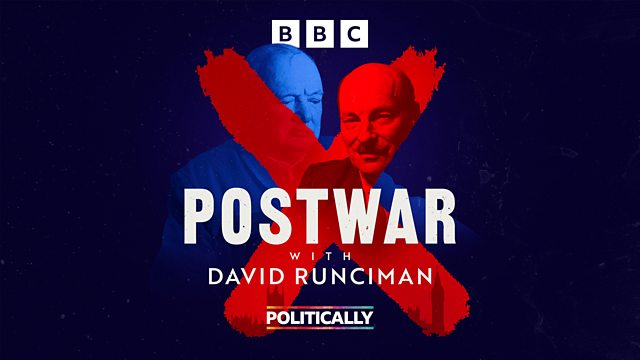6. Appealing to Women
David Runciman tells the story of the 1945 election and the dawn of a new age. How did the election reflect the dramatically changed working lives of women?
David Runciman tells the story of the 1945 election and the dawn of a new age.
The 1945 general election was one of the biggest shocks in British parliamentary history: a decisive rejection of Winston Churchill and his leadership. The election of Clement Attlee's Labour government in a landslide marked a break with the past and signalled a strong desire on the part of the British people for something new. But it was also a product of Britain's wartime experiences and revealed the many ways in which the country had already changed.
The years that followed -- the postwar years -- would bring about bold and radical reform, the building of a new nation, a 'New Jerusalem'. The Britain of the National Health Service and the welfare state, of nationalised industry and the so-called 'postwar consensus' -- all were ushered into place with this election. This is the Britain that most have us have grown up in and which still shapes an idea of who we think we are.
After a war which dramatically changed the working lives of women, the 1945 election became, in some ways, the first modern election. Women represented a majority of the electorate and, as far as the party manifestos were concerned, did not form a separate constituency. Women campaigned alongside men on the airwaves and a record number of female MPs were elected.
Featuring historian Lucy Delap.
Last on
More episodes
Broadcast
- Mon 16 Jun 2025 13:45ÃÛÑ¿´«Ã½ Radio 4
Podcast
-
![]()
Politically
Conversations with leading political figures reflecting on their lives in politics.


